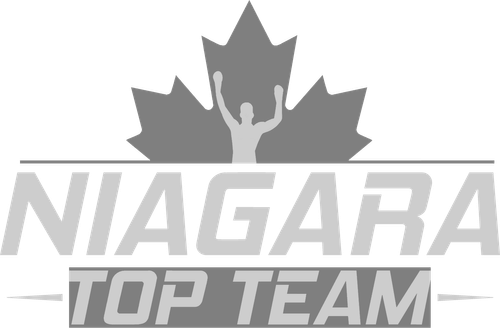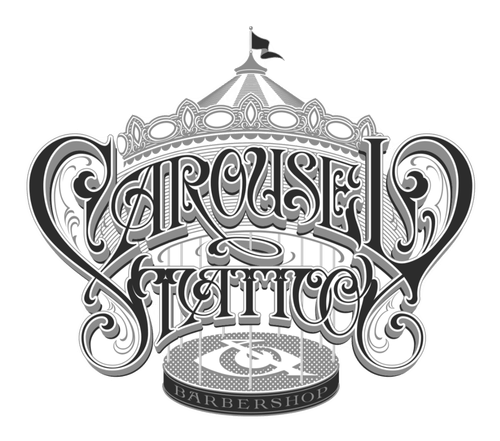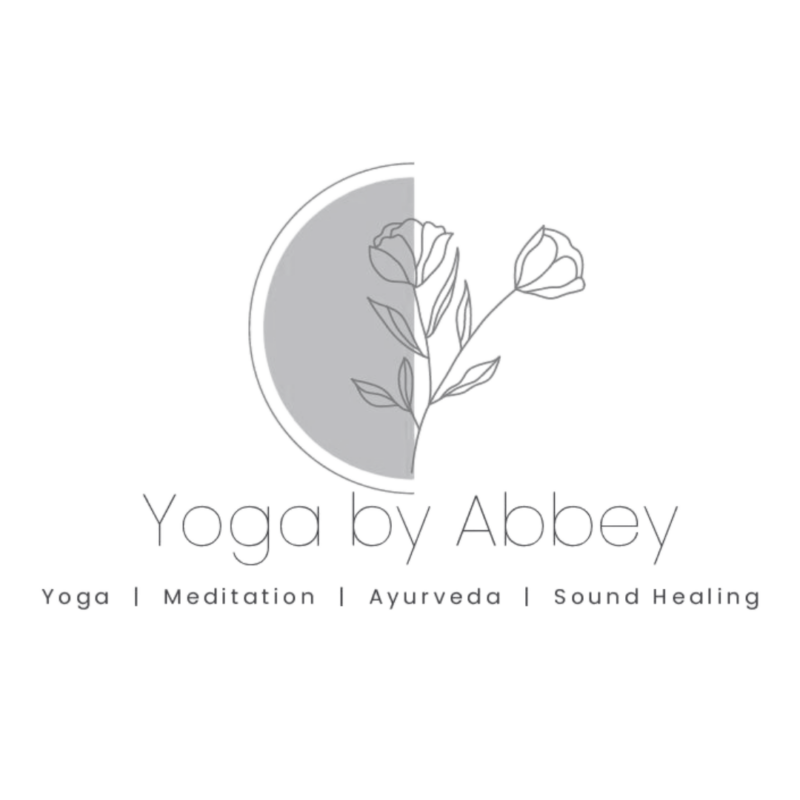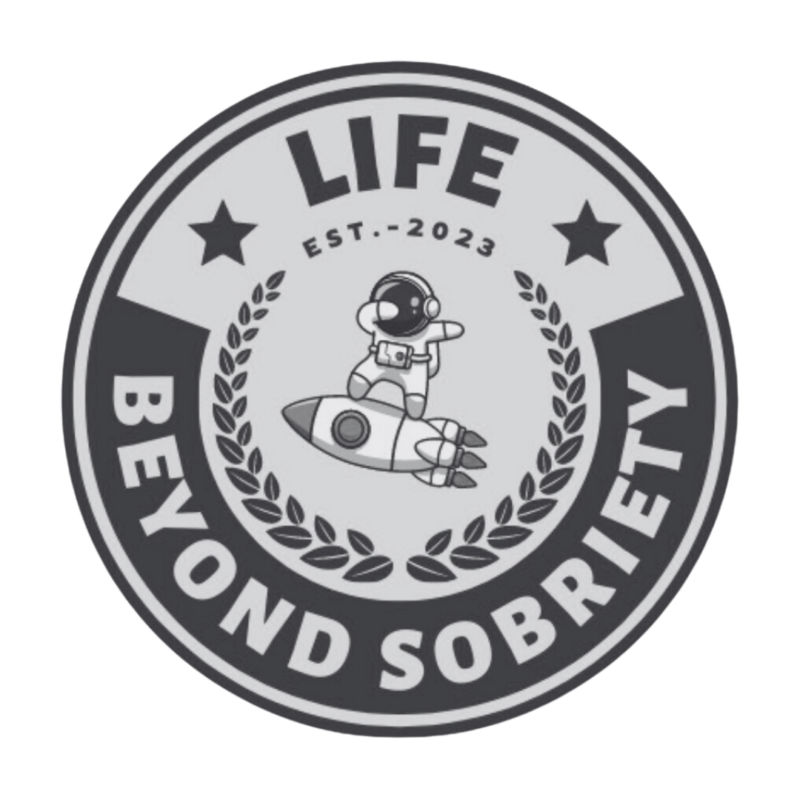Unique Journeys Through Recovery
The path of recovery is often as unique as the individual embarking upon it. At Twelve Mile Recovery, the therapeutic journey is designed to resonate personally with each client. Recognizing that addiction is not only a physical dependency, but also encompasses mental, emotional, and spiritual dimensions, the center’s holistic treatment addresses these multifaceted challenges.
The healing process is informed by the lived experiences of the team, many of whom have faced and overcome similar challenges. Their empathy and insight create a supportive atmosphere conducive to personal transformation. Recognizing the importance of these connections, Twelve Mile Recovery integrates peer support into its program, fostering a community where individuals can learn from one another’s stories and strengths.
Integrating Mindfulness and Martial Arts
In the tranquil setting of Niagara, Twelve Mile Recovery has embraced innovative therapeutic modalities. Among these, mindfulness practices and martial arts stand out as unique offerings. The integration of martial arts into the treatment process is not only about physical fitness; it is about cultivating resilience, self-discipline, and emotional regulation.
The emphasis on mindfulness helps patients develop greater awareness and acceptance of their thoughts and emotions. This self-awareness is pivotal in managing triggers and stressors associated with addiction. Coupled with martial arts, clients at Twelve Mile Recovery find a unique balance between the physical and mental, empowering them to navigate their recovery journey with renewed strength.
Trauma-Informed Care Approach
At the heart of our addiction treatment centers in Ontario program is a trauma-informed care approach, focusing on understanding and addressing the root causes of addiction. The team acknowledges that trauma often underpins substance use disorders. By creating a safe and supportive environment, clients are able to explore and heal from past traumas.
Therapists at Twelve Mile Recovery are trained to recognize the signs of trauma and integrate practices that promote healing and resilience. The use of evidence-based therapies in conjunction with trauma-informed care allows for a comprehensive treatment plan tailored to each individual’s needs. Such an approach not only supports recovery but also encourages personal growth and self-discovery.
Furthermore, the emphasis on emotional and psychological healing is paramount. The treatment doesn’t end at managing addiction behaviors; it’s about equipping individuals with the skills to lead fulfilling lives beyond recovery.
Inpatient Addiction Treatment
Twelve Mile Recovery offers a robust inpatient program designed to provide a structured and immersive environment for healing. The residential program allows clients to step away from daily stressors and focus entirely on recovery. The serene surroundings of Niagara enhance this retreat-like experience, facilitating a deeper connection with oneself.
The residential setting provides 24/7 access to support and care, ensuring that clients have the resources they need to navigate challenging moments. With personalized treatment plans, individuals engage in therapies that address their unique circumstances, promoting sustainable recovery.
Evidence-Based Therapies
Central to the effectiveness of Twelve Mile Recovery’s offerings are the evidence-based therapies employed. Cognitive-behavioral therapy (CBT), a cornerstone of their approach, helps clients identify and change destructive thought patterns and behaviors. This is complemented by other modalities such as psychology and mindfulness, providing a well-rounded treatment plan.
Evidently, the use of such scientifically-backed therapies contributes significantly to the success rates seen at Twelve Mile Recovery. Clients are not only supported in understanding their addiction but in developing coping mechanisms that can sustain their sobriety long term.
Importance of Holistic Recovery
The holistic approach at Twelve Mile Recovery is a testament to the understanding that addiction is a complex issue that transcends mere physical dependency. The treatment encompasses the whole person, addressing physical, emotional, and spiritual needs.
Yoga and mindfulness are integral components of this holistic framework, promoting balance and well-being. These practices encourage relaxation, reduce stress, and enhance emotional regulation, all of which are crucial in the journey to recovery.
Moreover, by focusing on holistic healing, Twelve Mile Recovery enables clients to rediscover their inherent strengths and develop a more profound sense of purpose and direction in life.
Client Testimonials
The testimonials from Twelve Mile Recovery’s clients provide profound insights into the life-changing impact of their treatment. Leah Marie Radoman reflects on her experience, commending the safe and judgment-free environment created by the team. Similarly, clients like Michael Laughlin and Robyn O’Hara express deep gratitude for the dedicated support and inspiration that helped them overcome addiction.
These personal stories not only highlight the efficacy of the programs but also serve as beacons of hope for others considering treatment. The sense of community and shared experiences fostered at Twelve Mile Recovery are often cited as pivotal elements in clients’ journeys toward sobriety.
Such feedback emphasizes the importance of a compassionate and empathetic approach in achieving successful recovery outcomes.
Accessible Forms of Support
Twelve Mile Recovery recognizes the need for varied forms of support to accommodate differing circumstances and preferences. Beyond inpatient care, the center also offers virtual treatment programs, ensuring that support is within reach regardless of geographical or logistical challenges.
These virtual programs provide flexibility and continuity of care, allowing individuals to engage in therapy and counseling from the comfort of their homes. This adaptability is particularly beneficial for those with commitments or constraints that prevent them from participating in residential programs.
Personalized Treatment Plans
Personalization is at the core of Twelve Mile Recovery’s treatment philosophy. Understanding that no two individuals are alike, the center develops custom treatment plans tailored to the specific needs and circumstances of each client.
The detailed assessment process ensures that all aspects of an individual’s addiction and personal history are considered. This meticulous approach to treatment planning maximizes the potential for successful outcomes and long-term sobriety.
Contact Twelve Mile Recovery
If you or a loved one are in need of support in overcoming addiction, Twelve Mile Recovery stands ready to assist. With a compassionate team, a comprehensive treatment approach, and a serene location, the center offers an ideal environment for achieving lasting recovery.
By reaching out, you can take the first step toward renewal, rebuilding, and a future free from addiction. Whether seeking support for yourself or someone close to you, the dedicated professionals at Twelve Mile Recovery are prepared to guide you on your journey to healing and self-discovery.
How much does rehab cost in Ontario?
The cost of rehab in Ontario can vary significantly depending on the type of treatment and the facility. Generally, private residential treatment centers like Twelve Mile Recovery, which offer a comprehensive and personalized approach, can range anywhere from $7,500 to $50,000 for a 30-day program. Factors influencing the cost include the level of care, duration of stay, and specific therapies offered. It’s important to consider the value of the treatment in terms of quality and the range of services provided, such as evidence-based therapies, holistic treatment options, and the expertise of the staff. If cost is a primary concern, exploring various funding options or insurance coverage can help make treatment more accessible.
What therapy is most effective for addiction?
There isn’t a one-size-fits-all answer to this, as the effectiveness of therapy often depends on the individual’s specific needs and circumstances. However, cognitive-behavioral therapy (CBT) is widely regarded as one of the most effective approaches for addiction treatment. At centers like Twelve Mile Recovery, CBT is a cornerstone of their therapeutic offerings. It helps individuals identify and change destructive thought patterns and behaviors that contribute to their addiction. In addition to CBT, integrating therapies like mindfulness, trauma-informed care, and even unique approaches such as martial arts can enhance resilience and emotional regulation, supporting sustainable recovery. The best therapeutic plan is typically a personalized one, combining multiple modalities to address the multifaceted nature of addiction.
Is rehab covered by OHIP in Ontario?
OHIP, or the Ontario Health Insurance Plan, covers some publicly funded addiction treatment services, but availability is often limited, and there may be long wait times. Typically, OHIP covers services provided by public healthcare facilities or contracted organizations, which might include certain detox programs and outpatient counseling. Unfortunately, private residential rehab centers like Twelve Mile Recovery usually aren’t covered by OHIP, meaning patients need to pay out of pocket or have private insurance that covers addiction treatment. Exploring financial options or seeking advice from the treatment center can help clarify what’s available for your specific circumstances. Have you checked with your local health services to explore all possible options?
What is the most common support group for addicts?
The most common and widely recognized support group for individuals battling addiction is Alcoholics Anonymous (AA), alongside its counterpart for drug addiction, Narcotics Anonymous (NA). Both groups offer a 12-step program that provides a structured approach to recovery within a supportive community. At Twelve Mile Recovery, while clients can benefit from these traditional support systems, there is also a strong emphasis on fostering peer support through personalized treatment plans. Group therapy and peer-led discussions help create a sense of community and shared experience, which can be incredibly powerful in the recovery journey. Have you considered exploring different support groups to find the best fit for your needs?
How does trauma-informed care benefit addiction treatment?
Trauma-informed care is crucial in addiction treatment because many individuals with substance use disorders have experienced trauma. This approach recognizes the impact of trauma on behavior and mental health, ensuring that the treatment environment is safe and supportive. At Twelve Mile Recovery, a trauma-informed approach helps clients address the root causes of their addiction by offering a compassionate space where they can explore and heal past traumas. Therapists are trained to identify trauma symptoms and provide interventions that build resilience and empower personal growth. This method not only supports recovery from addiction but also promotes emotional and psychological healing, ultimately leading to a more profound transformation. How can including trauma-informed care in your treatment plan change your recovery journey?
What role does mindfulness play in addiction recovery?
Mindfulness is a powerful tool in addiction recovery, facilitating greater awareness and acceptance of one’s thoughts and emotions. At Twelve Mile Recovery, mindfulness practices are integrated into treatment to help clients develop the skills necessary for emotional regulation and stress management. By fostering self-awareness, mindfulness enables individuals to recognize and manage triggers and cravings effectively. This practice encourages a shift in perspective that can reduce impulsivity and help maintain focus on recovery goals. Incorporating mindfulness into daily routines can support a more centered and balanced lifestyle. Have you tried incorporating mindfulness into your own recovery efforts, and if so, what impact has it had?
Why is a holistic approach important in addiction treatment?
A holistic approach is vital in addiction treatment because it addresses the entire person rather than just the symptoms of addiction. At Twelve Mile Recovery, the holistic model encompasses physical, emotional, mental, and spiritual dimensions, ensuring a comprehensive treatment plan. This integrative approach often includes traditional therapies like CBT alongside alternative practices such as yoga, mindfulness, and martial arts. Holistic treatment acknowledges that addiction affects every aspect of a person’s life and aims to restore balance and well-being. By focusing on the whole person, clients are empowered to find their strengths and develop a deeper sense of purpose, leading to lasting recovery. What elements of a holistic approach do you find most appealing or beneficial in your journey to sobriety?
Recovery Resources
- Substance Abuse and Mental Health Services Administration – Official website providing resources and information on substance abuse and mental health disorders.
- National Institutes of Health – Leading medical research center providing valuable information on addiction and recovery.
- National Institute on Drug Abuse – Federal agency focused on advancing addiction science and providing resources for individuals seeking help.
- Psychology Today – Mindfulness – Trusted source offering articles and information on the practice of mindfulness and its benefits in recovery.
- Yoga Journal – Comprehensive resource for yoga enthusiasts, providing insights on the benefits of yoga in holistic healing.












